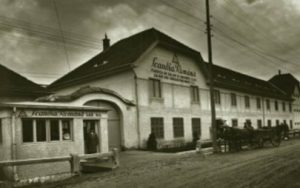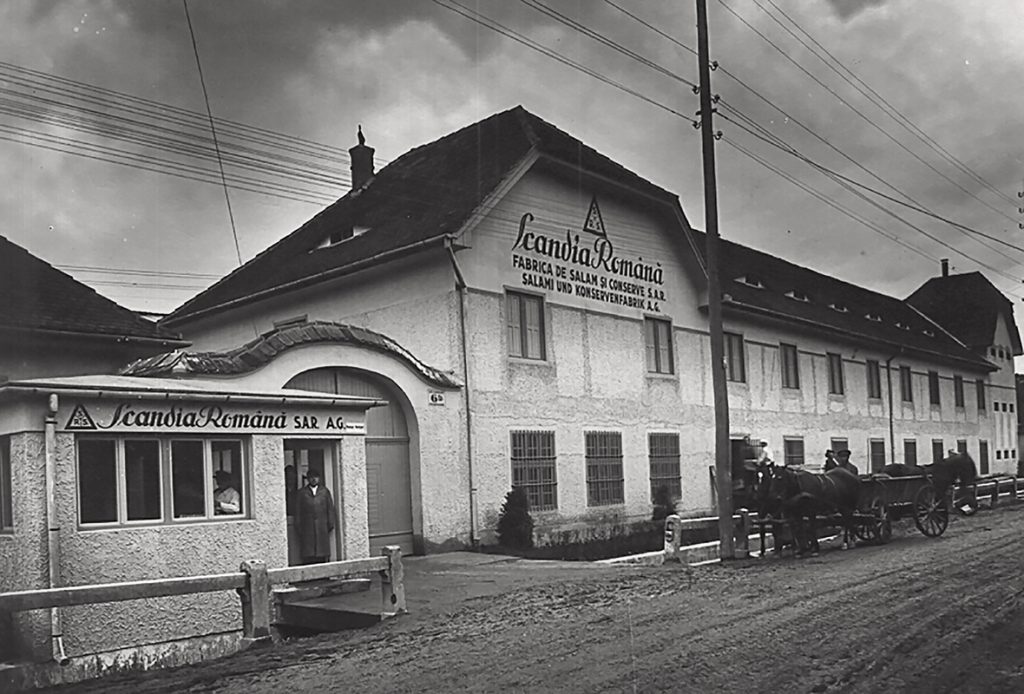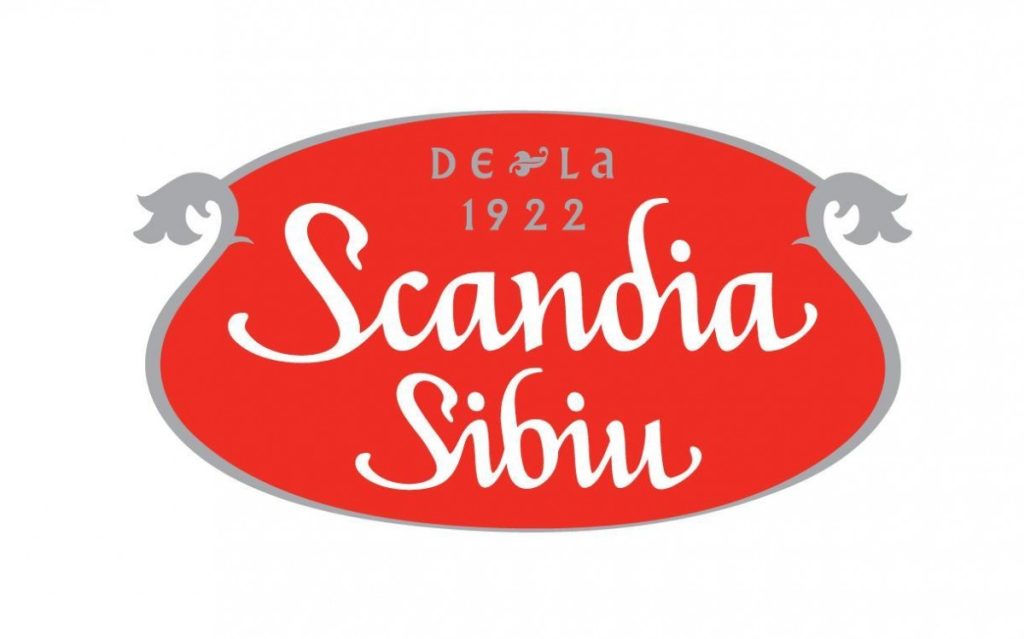OUR HISTORY
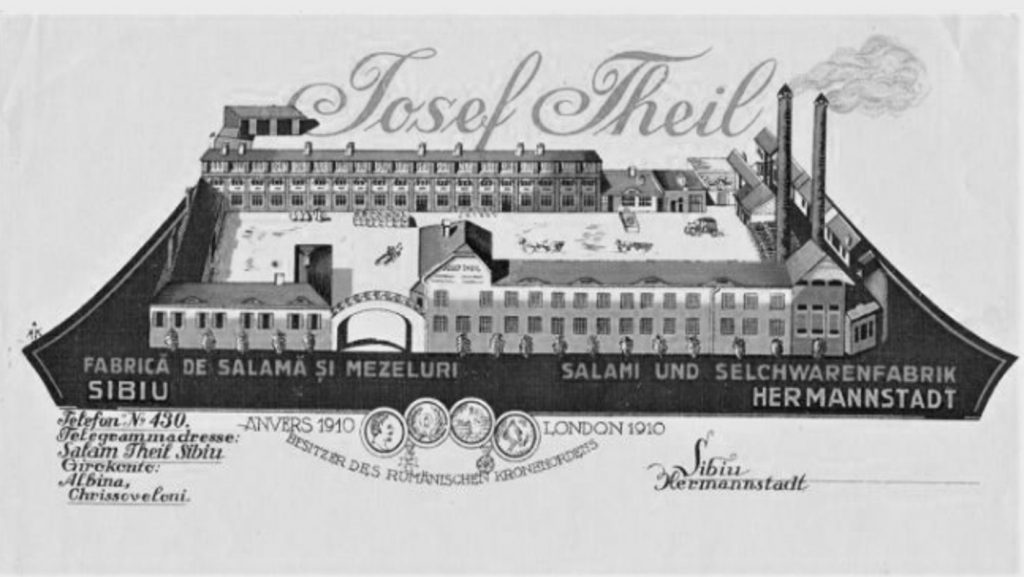
Josef Theil – A man of German origin and well renowned among sausage and cold cuts manufacturers in Sibiu, establishes “The Thiel cold cuts and canning factory.”
The Theil factory rapidly gains notoriety due to its modern technology used to manufacture the highest quality products and a very well managed distribution chain network in a growing market.
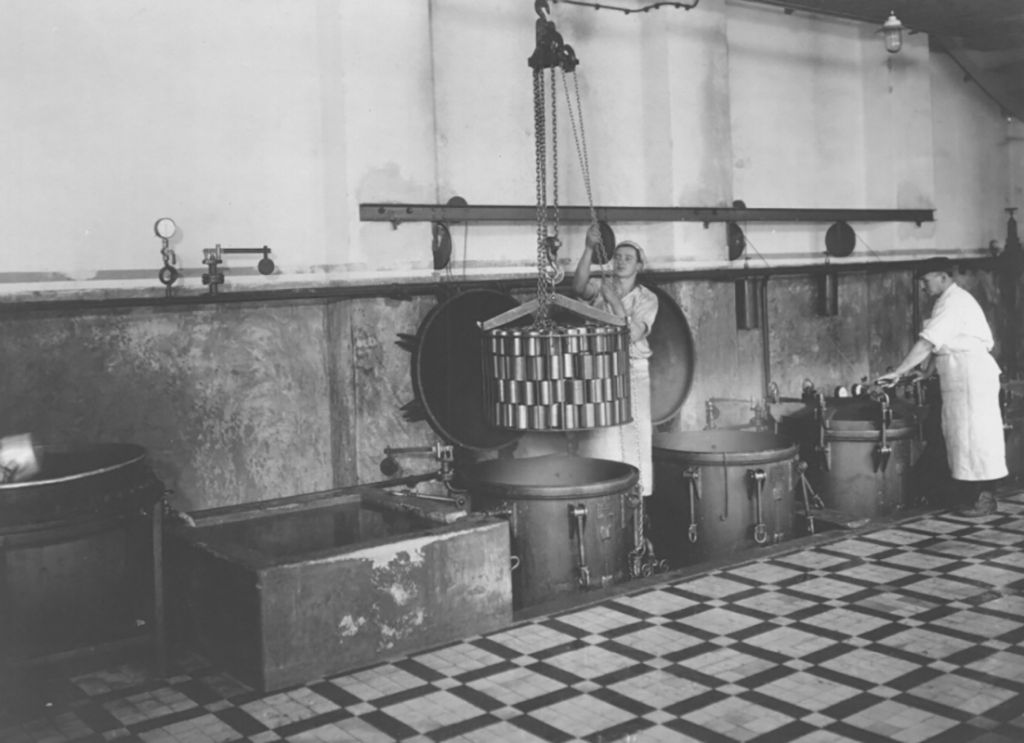
The Theil Company is going through continuous growth and gains local representatives in every major city in the country. It establishes its own network of distribution and logistics and extends the product portfolio from its’ main product – salami- to: cold cuts, specialties, canned meats (ham, liver sausage, liver pate, goulash and canned sausages). The Theil factory maintains it’s high standards and capacity despite the global economic crisis recorded at the time also known as the Great Depression.
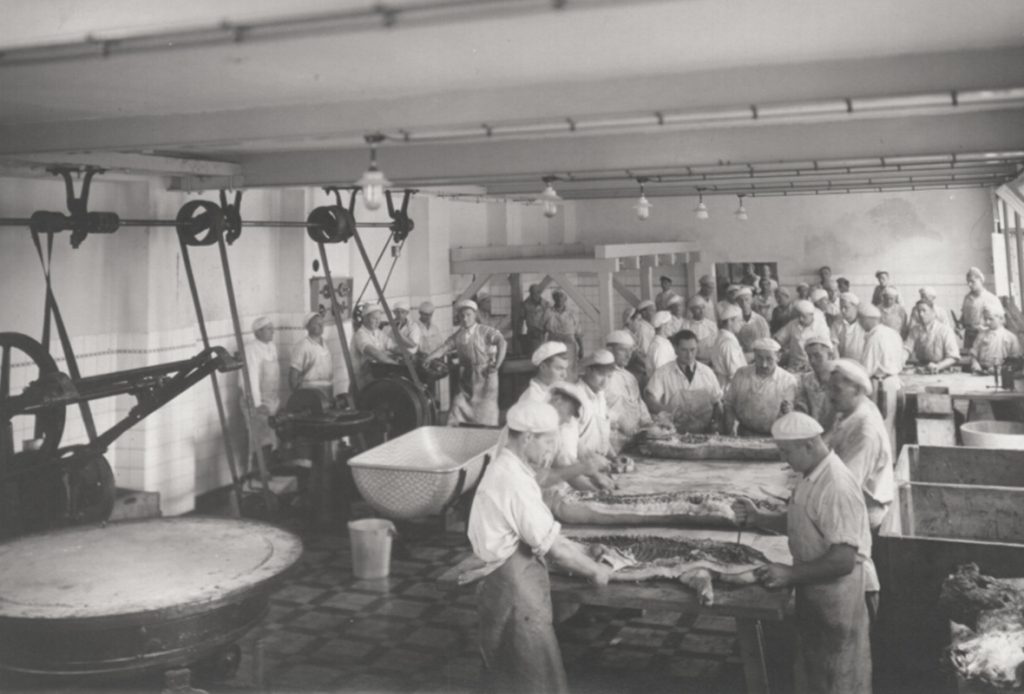
Transition period – the factory is exclusively used for exports to countries such as: U.S.A., The United Kingdom, Germany, the former Soviet Union and Japan, up until 1996. At that time it restarts production for the Romanian market.
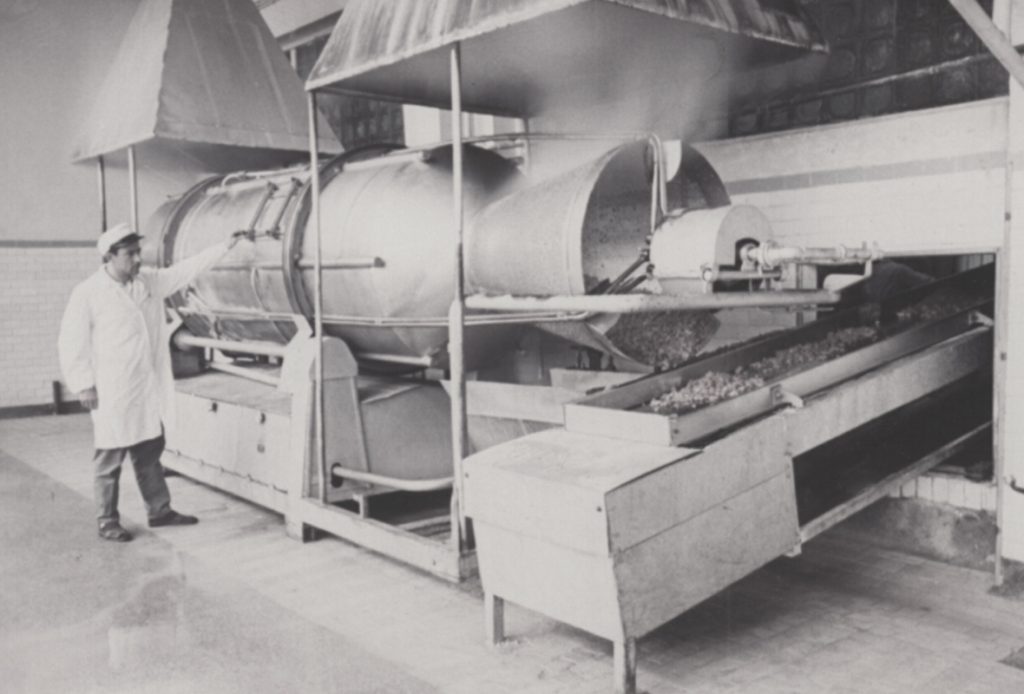
În urma unei licitații publice compania este preluată de actualii acționari, devenind o companie privată 100%.
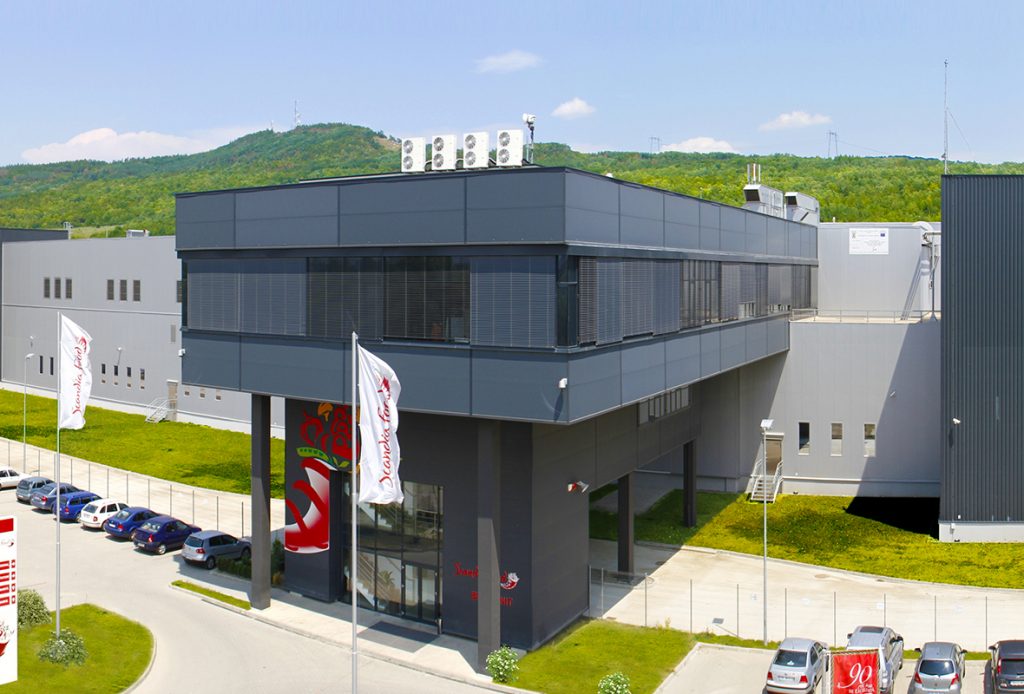
Scandia becomes Scandia Food, as a result of one of the most complex rebranding programs of any Romanian company.
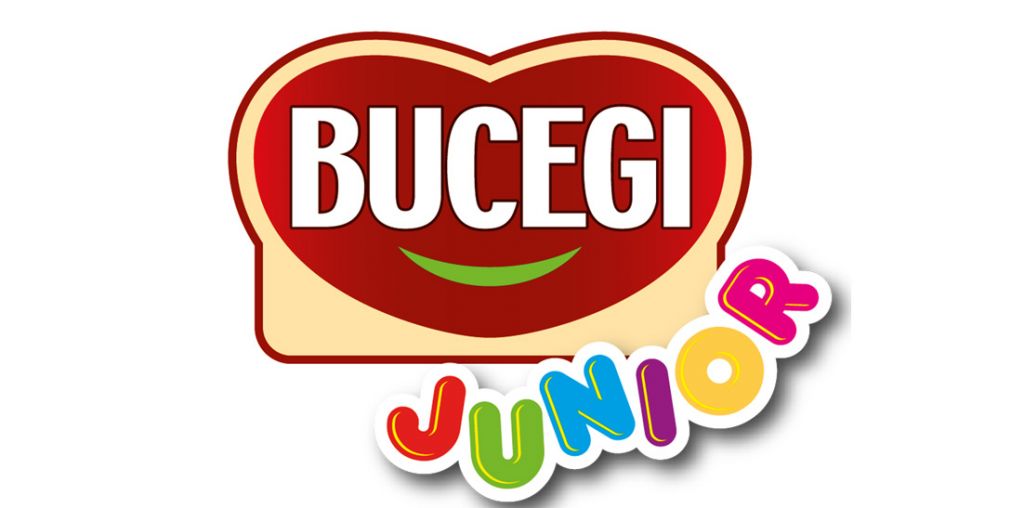
Bucegi meets requests from consumers by creating the first spreadable dedicated exclusively to children, under the Bucegi Junior brand.

Extindere în categoria conservelor de pește. Năvodul Plin este prima marcă de conserve de pește din portofoliul Scandia Food. Aceasta este poziționată în segmentul mainstream încă de la lansare și își propunere să ofere consumatorilor săi cel mai bun raport calitate preț fără a compromite gustul. Produsele noastre sunt o sursă naturală de omega 3 ajutând astfel la susținerea unei diete echilibrate.
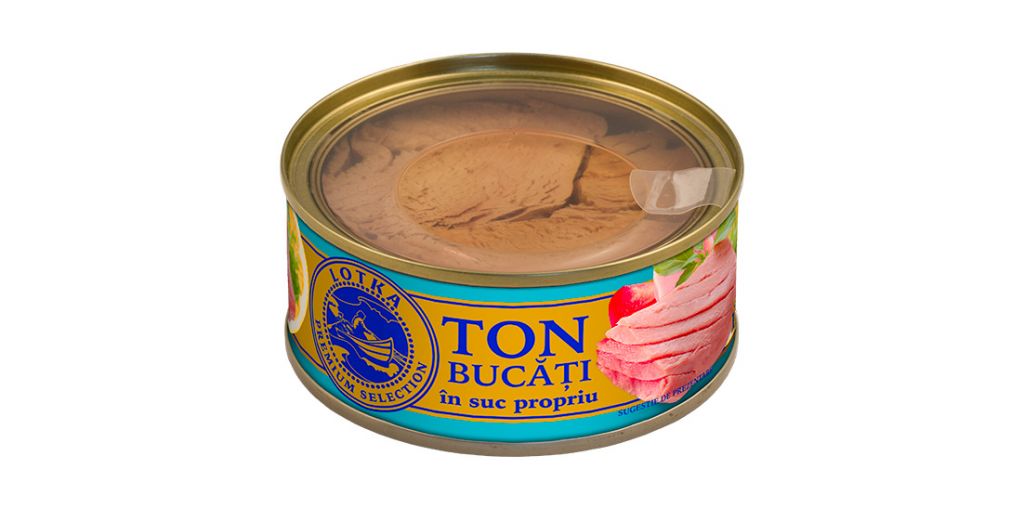
Scandia Food launches the Lotka brand in the canned fish segment, which comes with an innovation in terms of packaging, the lid of the can being transparent, so that consumers can see the product inside the can.
In 2016 the brand was voted and won the distinction "Product of the Year 2016 - Innovation Award, voted by consumers".„.

Scandia Food intră în segmentul conservelor de legume și fructe prin lansarea brandului Roua, al cărui portofoliu include produse din următoarele categorii: dulceață, mâncare vegetală, zacuscă și sosuri
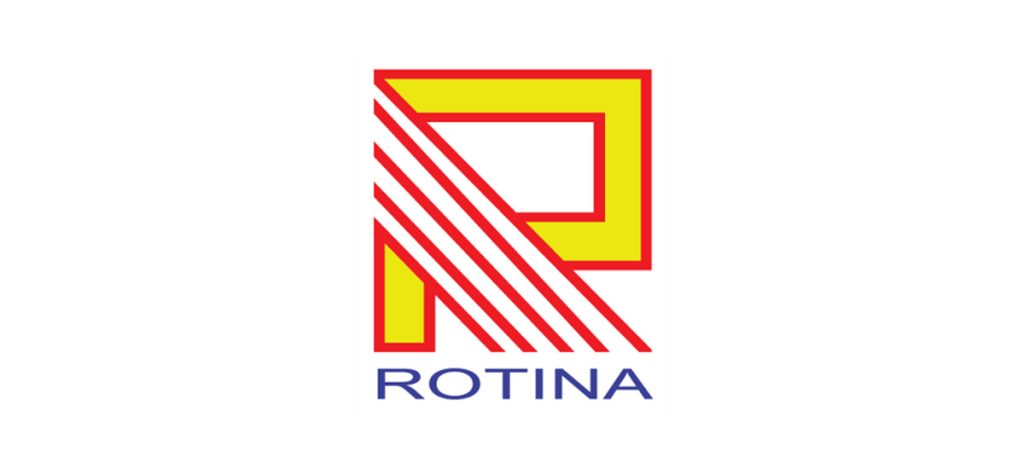
Scandia Food realizează o nouă achiziție în segmentul conservelor – compania Rotina Product din Hunedoara. Rolul principal al acesteia este de a contribui la creșterea capacității totale de producție a diviziei de conserve. Produsele Rotina se adresează consumatorilor cu venituri reduse. Brandul are o gamă variată ce cuprinde pate carne, aperitiv vegetal, carne și mâncăruri, pentru a satisface toate gusturile.
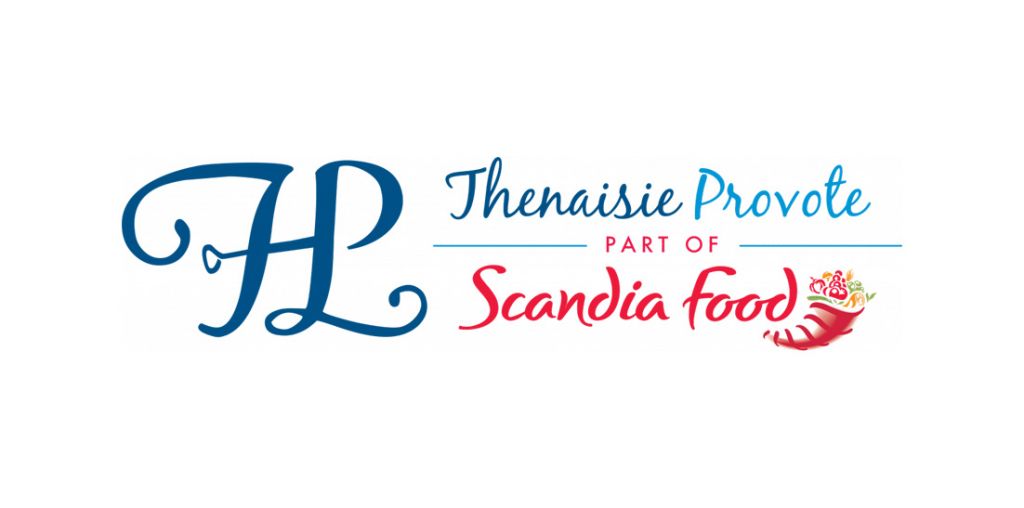
Scandia Food achiziționează fabrica de conserve de pește și fructe de mare Thenaisie Provote din Spania, care va ajuta businessul total al companiei să se dezvolte prin extinderea portofoliului existent în categoria de peste și fructe de mare precum și prin deschiderea către noi piețe și potențiali clienți din perspectiva unui producător de conserve din pește și fructe de mare.

The company enters the salted snacks segment by acquiring a company with over 20 years of presence on the Romanian market, in the category of noble fruits, cashews, almonds or pistachios.
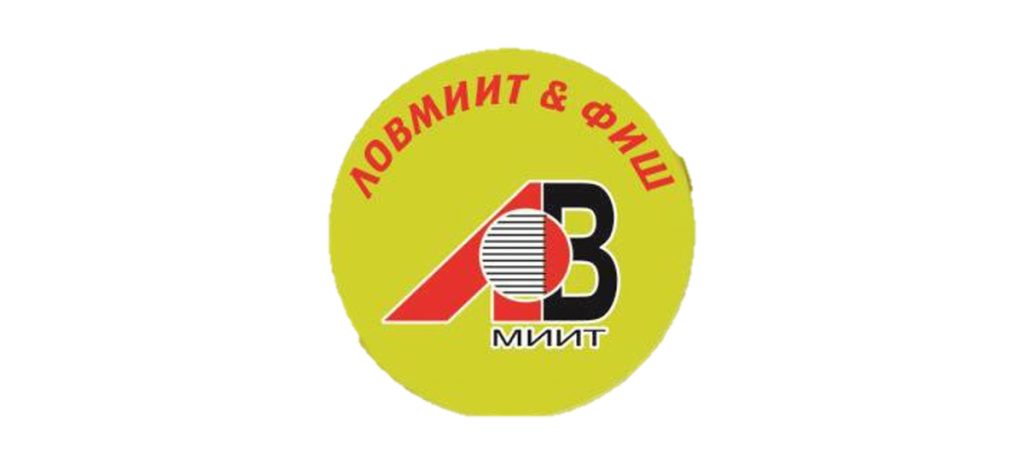
Compania achiziționează o nouă entitate de producție în Bulgaria, al cărui rol este de a suplimenta capacitatea de producție pentru categoria conservelor din carne și totodată de a dezvolta noi categorii și piețe externe.
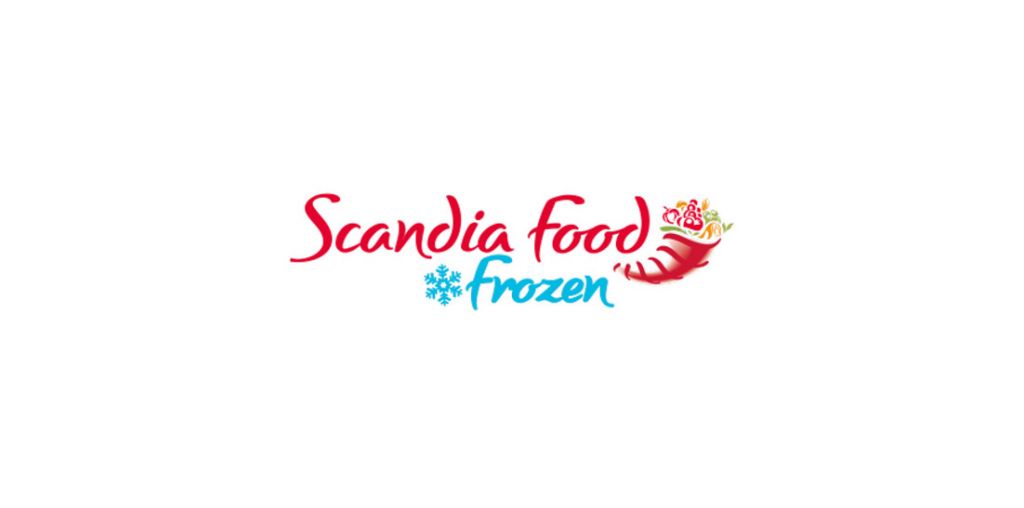
În anul 2021 – Scandia Food intră pe piața produselor congelate după achiziția unei fabrici din județul Ilfov.
Lack of time and changes in cooking habits have led to a continuous development of semi-finished or ready-to-cook food categories in all their forms.
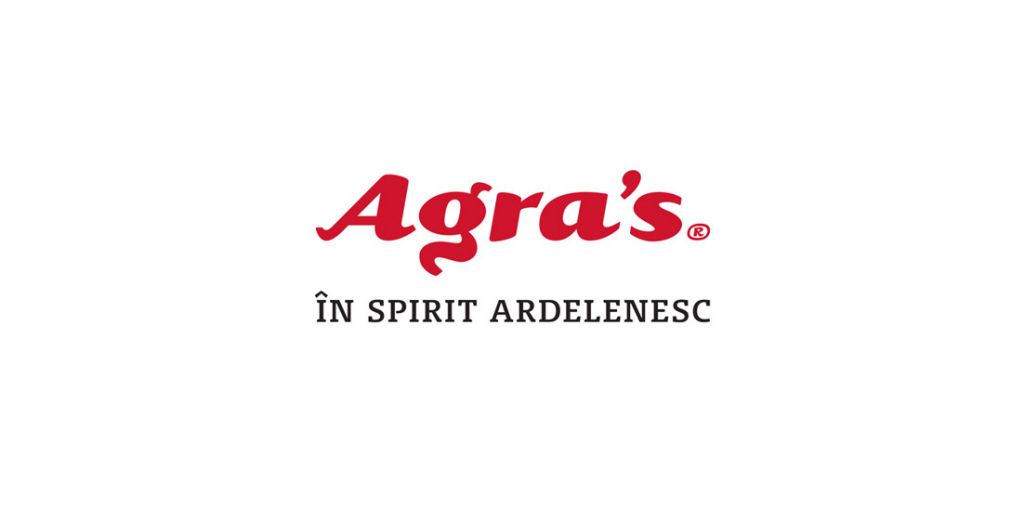
Also in 2021, Scandia Food acquires Agra’s cold cuts factory. The takeover of the Alba Iulia company by Scandia Food brings an extension of the product portfolio but also of the meat production and processing capacities at group level, thus expanding the capabilities in the cold cuts category.
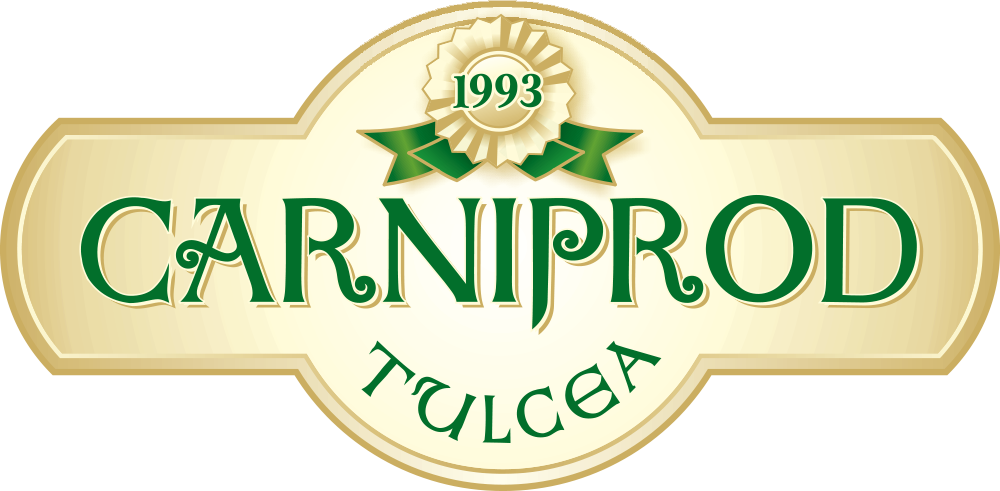
In 2023, Carniprod Tulcea becomes part of Scandia Food Group. The company will add to the total food producing capacity, in the meats and processed meats segments.
